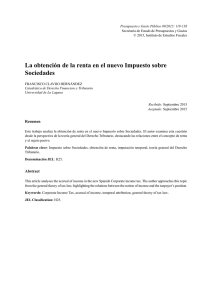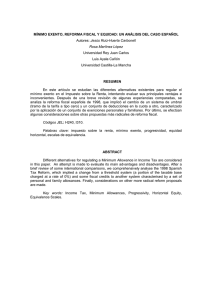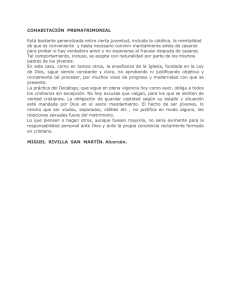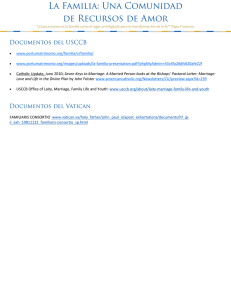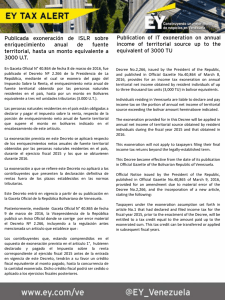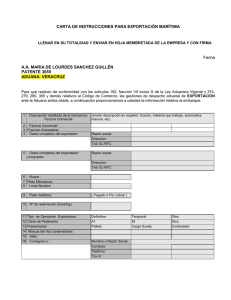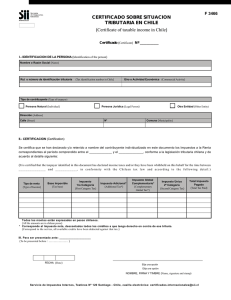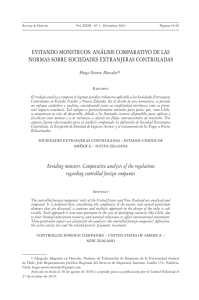EL REGALO FISCAL EN LA DECISIÓN TEMPORAL DE CASARSE
Anuncio
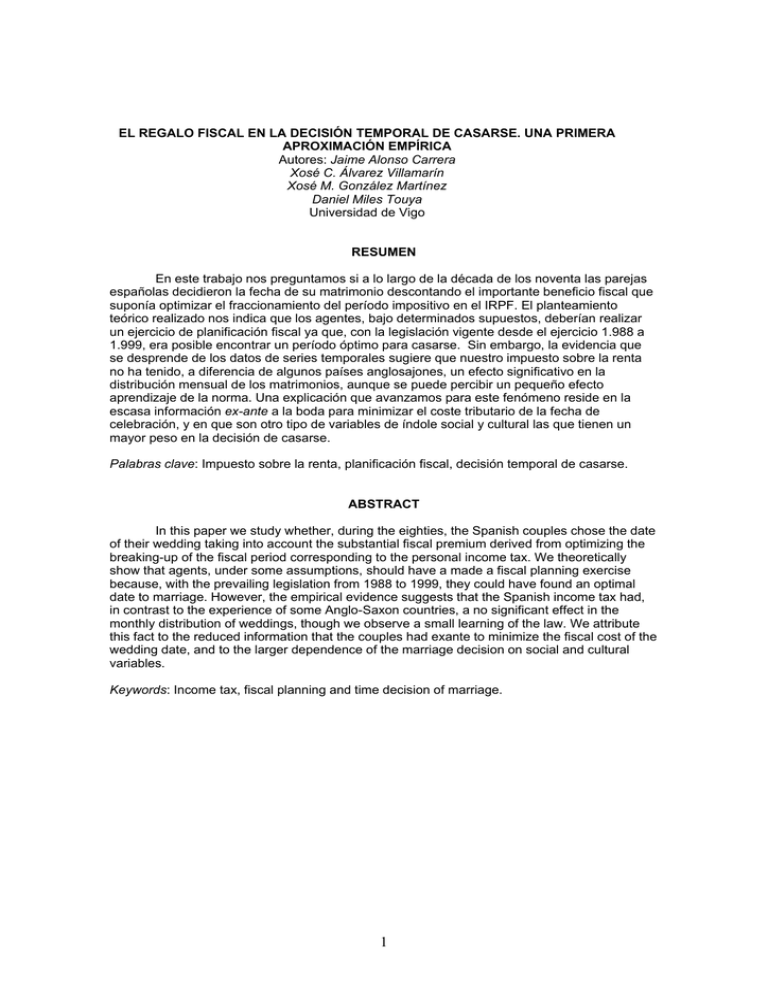
EL REGALO FISCAL EN LA DECISIÓN TEMPORAL DE CASARSE. UNA PRIMERA APROXIMACIÓN EMPÍRICA Autores: Jaime Alonso Carrera Xosé C. Álvarez Villamarín Xosé M. González Martínez Daniel Miles Touya Universidad de Vigo RESUMEN En este trabajo nos preguntamos si a lo largo de la década de los noventa las parejas españolas decidieron la fecha de su matrimonio descontando el importante beneficio fiscal que suponía optimizar el fraccionamiento del período impositivo en el IRPF. El planteamiento teórico realizado nos indica que los agentes, bajo determinados supuestos, deberían realizar un ejercicio de planificación fiscal ya que, con la legislación vigente desde el ejercicio 1.988 a 1.999, era posible encontrar un período óptimo para casarse. Sin embargo, la evidencia que se desprende de los datos de series temporales sugiere que nuestro impuesto sobre la renta no ha tenido, a diferencia de algunos países anglosajones, un efecto significativo en la distribución mensual de los matrimonios, aunque se puede percibir un pequeño efecto aprendizaje de la norma. Una explicación que avanzamos para este fenómeno reside en la escasa información ex-ante a la boda para minimizar el coste tributario de la fecha de celebración, y en que son otro tipo de variables de índole social y cultural las que tienen un mayor peso en la decisión de casarse. Palabras clave: Impuesto sobre la renta, planificación fiscal, decisión temporal de casarse. ABSTRACT In this paper we study whether, during the eighties, the Spanish couples chose the date of their wedding taking into account the substantial fiscal premium derived from optimizing the breaking-up of the fiscal period corresponding to the personal income tax. We theoretically show that agents, under some assumptions, should have a made a fiscal planning exercise because, with the prevailing legislation from 1988 to 1999, they could have found an optimal date to marriage. However, the empirical evidence suggests that the Spanish income tax had, in contrast to the experience of some Anglo-Saxon countries, a no significant effect in the monthly distribution of weddings, though we observe a small learning of the law. We attribute this fact to the reduced information that the couples had exante to minimize the fiscal cost of the wedding date, and to the larger dependence of the marriage decision on social and cultural variables. Keywords: Income tax, fiscal planning and time decision of marriage. 1
